
Cam Thomas Set to Accept $6M Qualifying Offer—What Brooklyn’s Next Move Could Mean for NBA Free Agency Shockwaves
Cam Thomas just threw a curveball that no one really saw coming — he’s opting out of chasing a multi-year payday right now and instead is taking the one-year qualifying offer worth $6 million from the Nets. That’s a real pivot for a guy who averaged 24 points last season and clearly thinks he’s ready to cash in big down the line. Brooklyn laid out a two-year deal around $28 million, but with team options making it super trade-friendly, Thomas wasn’t buying it. He’s gambling on himself, hoping that by sticking around a rebuilding Nets team alongside Michael Porter Jr., he’ll bulk up his value and snag a mega contract next summer when he hits unrestricted free agency. The catch? It’s a hefty risk to leave that money on the table now, and there’s a cloud over whether front offices see Thomas as the franchise cornerstone he sees himself as. Plenty of execs think his scoring is just “eye of the beholder,” and most aren’t ready to commit long-term or a blockbuster salary. Thomas is fighting that narrative fiercely — even calling out critics on social media — but the coming season might just be the make-or-break moment for him to prove he’s worth every penny he’s envisioning.

Cam Thomas wasn’t going to wait around for another month to see if things changed. He made his call.
The restricted free agent is rejecting the offers Brooklyn put in front of him and is signing the qualifying offer: A one-year, $6 million contract that gives him a no-trade clause for this season, then makes him an unrestricted free agent next summer, a story broken by Shams Charania of ESPN.
Brooklyn’s offer to Thomas reportedly was maxed out at two years, around $28 million, with a team option on the second year of that deal — a very trade-friendly contract. Thomas, who averaged 24 points a game last season, sees himself as one of the NBA’s elite scorers and wanted a multi-year contract that started well above $20 million a season and did not involve team options. However, with the Nets having leverage in the negotiations — no team had the cap space to give Thomas an offer sheet like he wanted, which Brooklyn likely would have matched anyway as was their right with a restricted free agent — the Nets offered a contract starting at about mid-level exception money of $14.1 million. Thomas could have waited until closer to the Oct. 1 deadline to sign the qualifying offer, hoping for movement by the start of training camp, but decided he didn’t think change was coming and made his move.
Thomas has bet on himself. He is betting that another season of putting up numbers — he and Michael Porter Jr. will have an all-you-can-eat shots buffet on a rebuilding Nets team in need of scoring this season — will have teams jumping at him as a free agent next summer, when as many as 10 teams are expected to have significant cap space.
However, that comes with risk. The first is simply money on the table: Thomas has made $10.5 million total in four NBA seasons; the Nets offer, even in its lowball form, was for 140% more money next season than his career earnings. That’s a lot of cheddar to leave on the table, hoping it can be made up later.
The second big question: Is Thomas’ value what he thinks it will be? Thomas sees himself as the guy who averaged 24 points a game last season, who is an improved creator out of the pick-and-roll, who shot 39.4% from 3 last season and draws double teams. The perception in league circles is that he is more of a volume scorer, with questions about his efficiency in getting those buckets and his defense. Thomas has a valuable skill as a bucket getter, but teams don’t see him as a long-term building block and are not willing to pay him as such. When The Athletic’s Fred Katz polled 16 executives about what would be a fair contract for Thomas, results were all over the map, with one executive willing to go up close to $30 million a season, but the average was $16.7 million. And to a man, nobody wanted to do more than a two-year contract. As one executive said to Katz, Thomas’ scoring is very eye of the beholder.
Thomas has pushed back hard against that perception, calling out The Ringer’s Zach Lowe for saying front offices see him as “an empty calorie ball hog.
The consenus? F*** you and the consensus @ZachLowe_NBA . This is most likely the same consensus teams who can’t guard me and send double teams from jump ball . Why are we double teaming a guy who’s “not that good” make it make sense please. https://t.co/IrHNVHYqTc
— Cam Thomas (@24_camthomas) July 18, 2025
Except that is the perception in a lot of front offices. Thomas has bet big on himself, now having a year to win over front offices and secure himself a big bag next summer when he becomes a free agent.






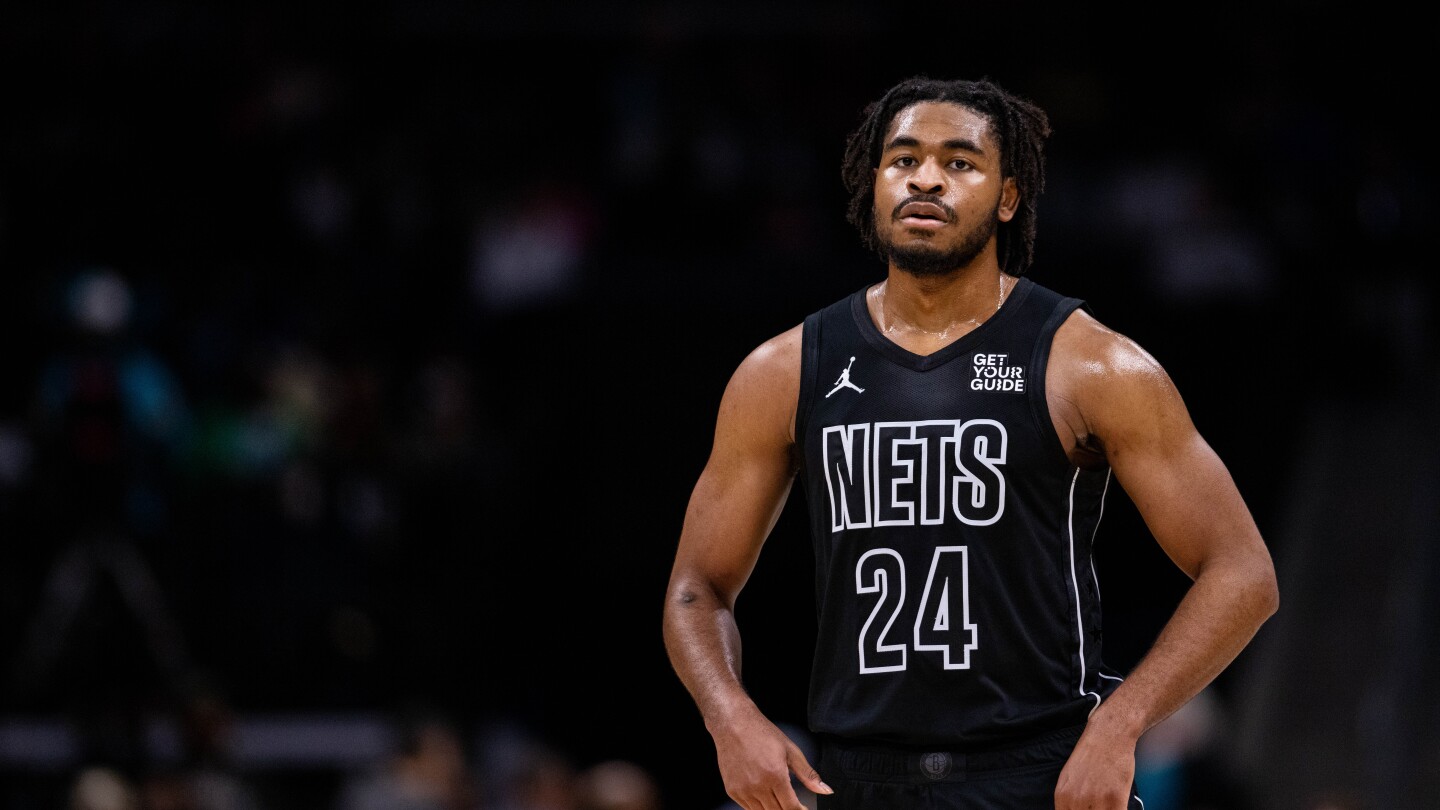










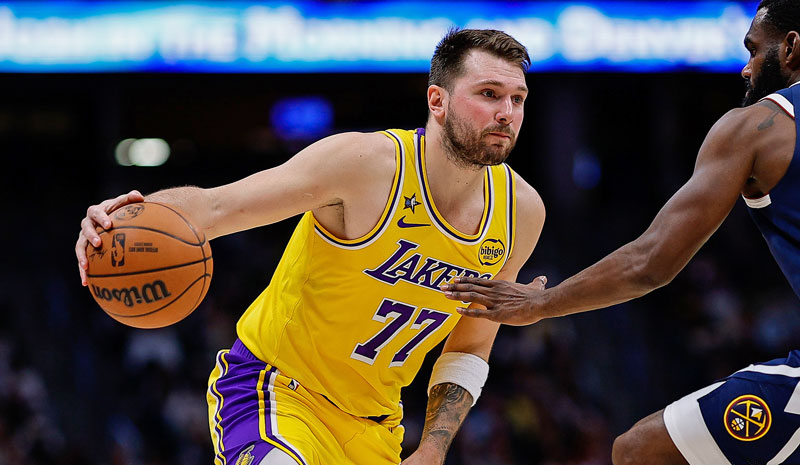
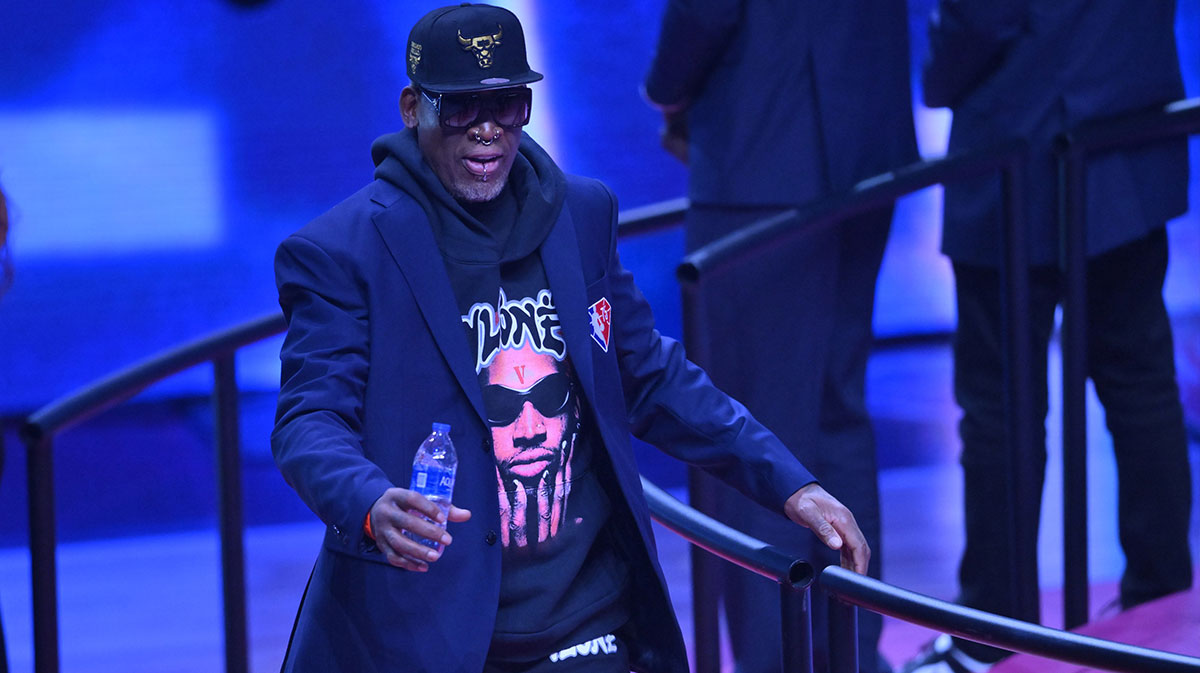




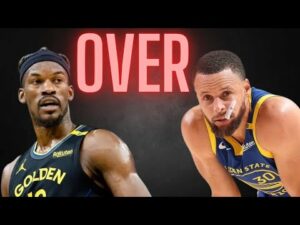
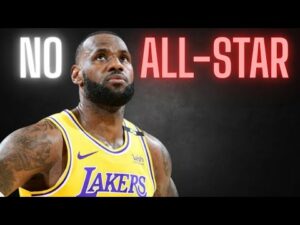
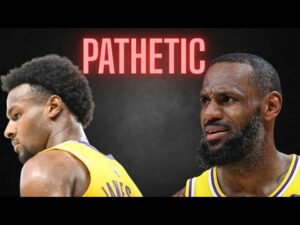





Post Comment